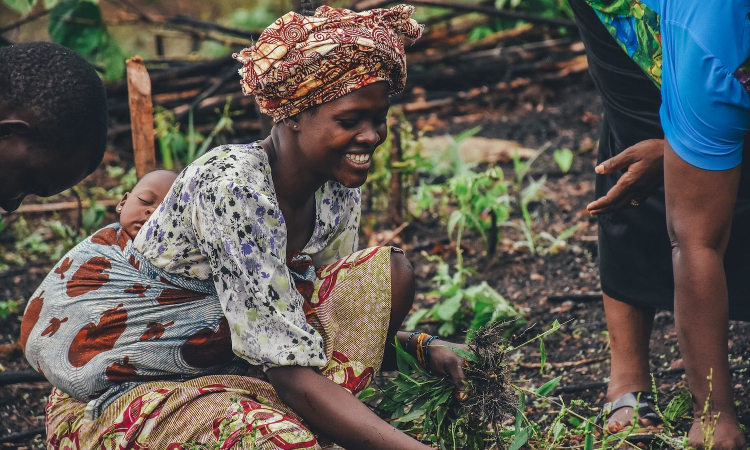Film festival for small-scale farmers

Farmers across Africa and South America recently exhibited their fields, harvests, and agricultural knowledge through a film festival organized by the Collaborative Crop Research Programme (CCRP).
The festival, “Films for agroecology by those in agroecology,” showcased short films shot by small-scale farmers.
CCRP encourages farmers to tell their own stories, focusing on the plants and places with which they are most familiar.
The films address topics ranging from soil health to nutrition and food security. Each one also highlights the promise of agroecology, an approach that unites sustainable farming with environmental science.
Through CCRP, farmers have the chance to work in Farmer Research Networks (FRNs).
These networks allow farmers to share knowledge with their peers and conduct research with the help of universities and development organizations.
One film highlights Tanzanian farmers who experiment by planting different crops together to see how they interact.
Pigeon peas, the farmers discover, act as a natural pesticide when planted with maize, protecting the harvest from armyworms and improving the soil quality.
They share that knowledge with relatives in nearby communities. “We went to another village which was not in the project area and found that people are also growing pigeon peas,” says Josephine Ng’ang’a, a local FRN leader.
“As farmer-researchers, we don’t just accept everything,” says McLeod Banda, a planter from Malawi. “We first test the information in our plots, and only those we feel are working are the ones we share.”
Through the collaboration with scientists, farmers report that they are able to build self-confidence as they share their successes and challenges.
“I am not afraid of difficulties,” says Honorine Ouoba, who brews a sorghum beer called dolo in her town in Burkina Faso. “What interests me is what it brings me.”
Some films move off the farm to explore themes of nutrition, sustainability, and community.
In his piece, Dr. Moustapha Moussa, a nutritionist with Niger’s National Institute for Agronomic Research, considers the impact of women-run innovation centers on malnutrition.
“After two to three weeks of treating malnourished children with enriched flour, mothers notice a marked improvement in their nutritional status,” he explains in his film.
Later this month, CCRP will host an online gathering from October 25-27.
The event will bring together farmers, researchers, union workers, and policymakers to discuss their discoveries and build stronger links between rural and urban spaces. Many of the filmmakers will also attend the gathering.
foodtank.com

